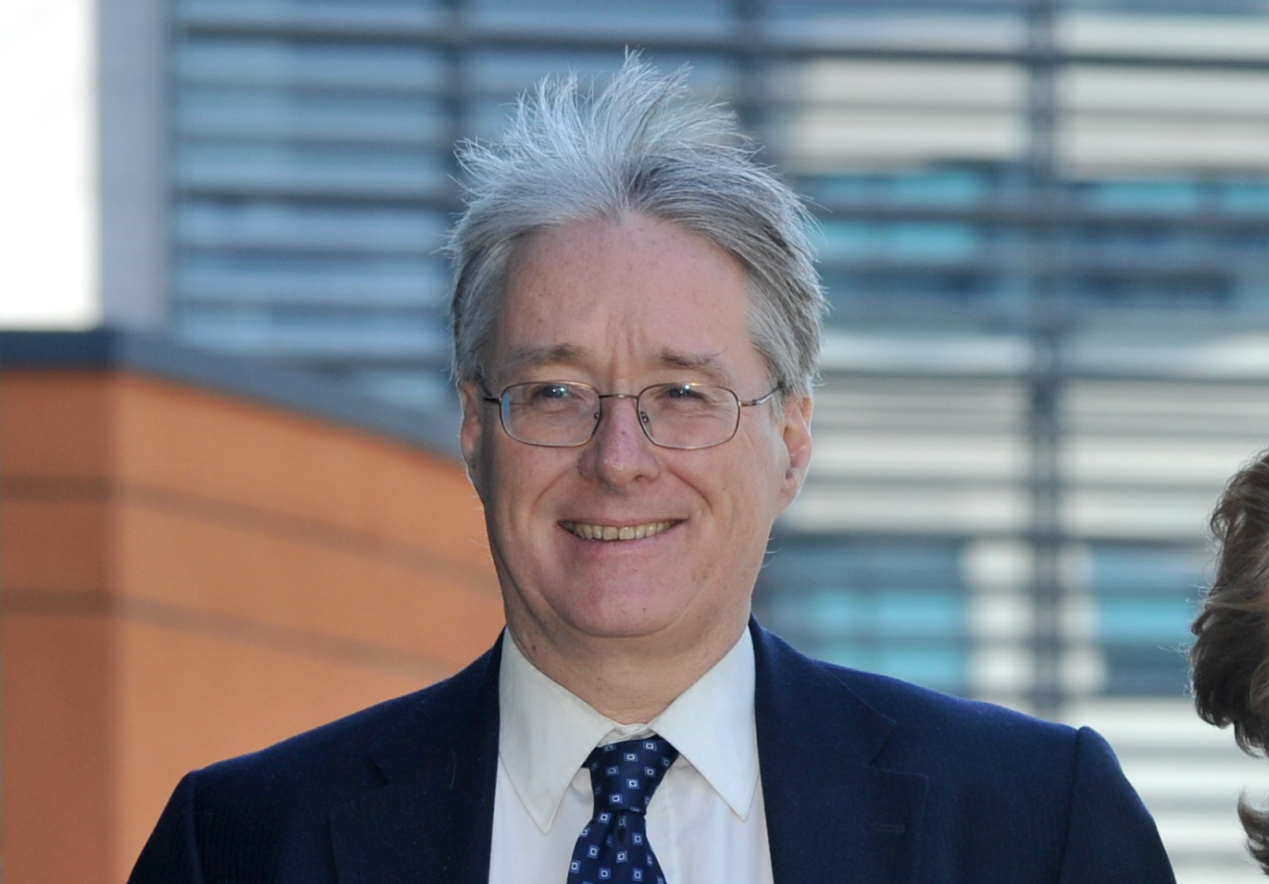A public health expert is warning that localised lockdowns in Dublin and Limerick are not the right response to the rise COVID-19 cases.
More than half of the 307 cases announced yesterday were in Dublin while 19 were in Limerick.
Kildare still has the highest 14-day coronavirus rate at 73.71, with Limerick in second place at 70.81 and Dublin in third at 59.38.
On Breakfast Briefing with Shane Beatty this morning, DCU Public Health Professor Anthony Staines said lockdowns in Limerick and Dublin would not be effective.
“It is clear that something needs to be done and fairly quickly,” he said. “The idea of a further lockdown in either Dublin or Limerick is probably not the right response.
“I think we need a national response on this. This is a problem that is not going to stop in those two places. It is going to come up again and again and there is a strong argument to say we need to do something across the whole country but probably do it at county level.
“Maybe do different things in different counties depending on what the risk is so we have a response that is trying to get ahead of the virus.
“At the moment, our response is trailing behind the virus and we are not really catching up. The virus is ahead of us."
 File photo of Professor Anthony Staines, 30-05-2013. Image: Laura Hutton/RollingNews
File photo of Professor Anthony Staines, 30-05-2013. Image: Laura Hutton/RollingNewsProfessor Staines said it is now up to the Irish people to do everything they can to suppress the virus.
“There is nothing the government can do and there is nothing NPHET can do that can reduce the risk of transmission enough fast enough,” he said.
“It is down to everyone listening to this programme; all your friends, all your relations, everyone you pass on the street, to do everything they can to maintain social distancing, wear a mask and wash hands.”
Professor Staines said keeping schools open and reopening universities remains the national priority – and warned that this can only happen if we bring down transmission in the community.
“I think we need an overall national plan that says, ‘this is what we are going to do and this is where we are going,’” he said.
“The plan at the moment is to strongly suppress the virus and then continue living with it for the foreseeable future and the risk with that is that it will escape suppression again.
“I think we need to strongly suppress it and then have a serious conversation about do we try and bring it down to zero or do we try and keep it strongly suppressed because there are risks with both strategies.”








